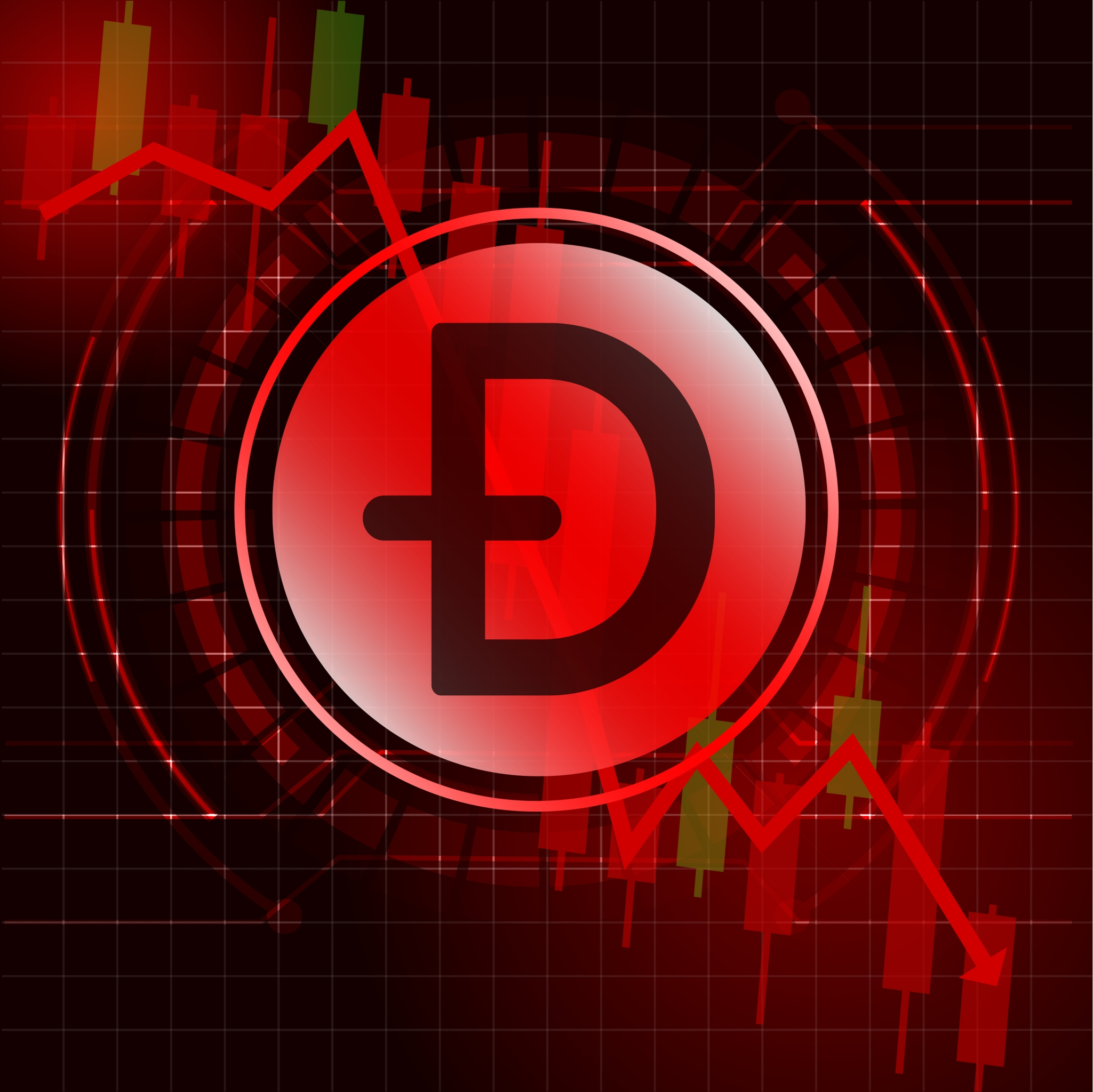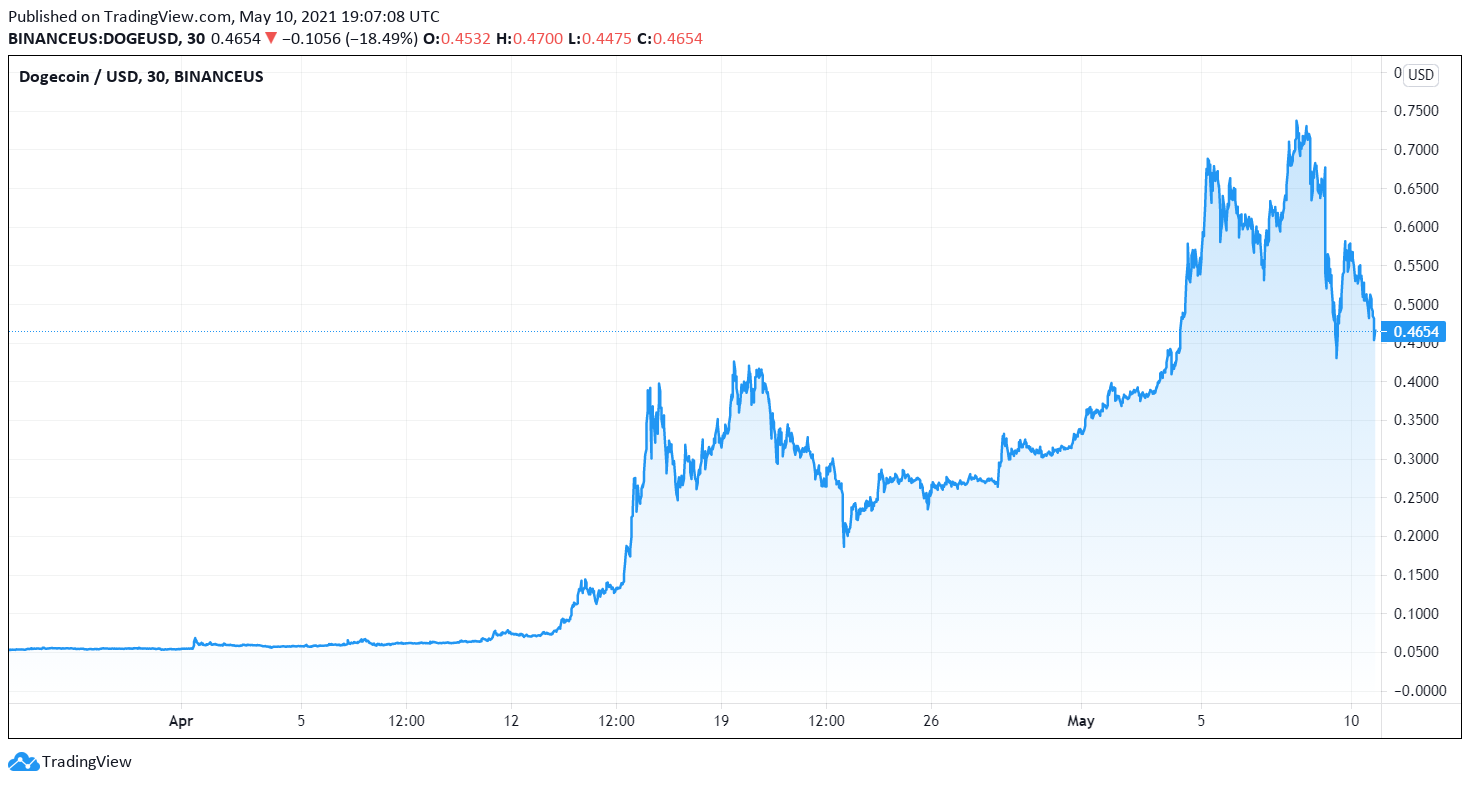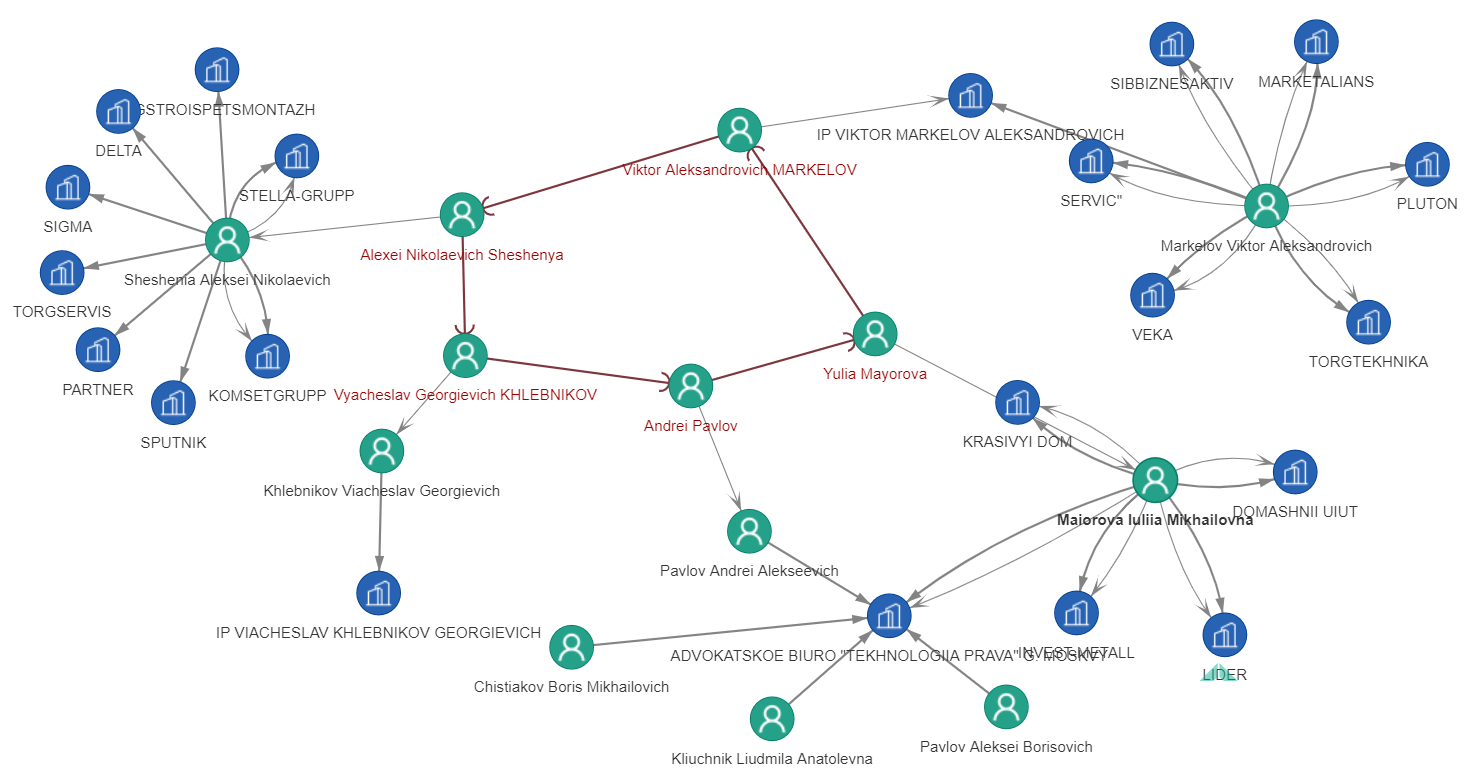
Cryptocurrency, bubble, investors’ rush, fragile liquidity, manipulating tweets .... Dogecoin reunites all the ingredients of a recipe for a scam. Nevertheless, DOGE investing frenzy has spread over the last month and eclipsed even Bitcoin, which is currently at a make or break point. Will Dogecoin take over the world? Or maybe scammers will take over Doge?
Bitcoin was great until it became mainstream. Its price represents the equivalent of a middle-class yearly salary, thereby hindering investors’ access to buy full Bitcoin units. Owning one Bitcoin is, for many crypto-aficionados, a big accomplishment and a solid proof of “being in the game”. Thus, the newcomers in the crypto-universe that cannot afford to enter the exquisite circle of Bitcoin owners are eagerly looking for the next Holy Grail.
Is DOGE the new Bitcoin?
While it is difficult to assess the nature of this emerging cryptocurrency, it is clear that the hopes of many small retail investors are related to DOGE. Dogecoin was created a few years ago to mock the investing frenzy around Bitcoin.
Elon Musk and Mark Cuban have both made tweets supporting the new emerging cryptocurrency. In recent months, Tesla’s CEO acted as a cheerleader for the altcoin. Musk’s tweets contributed to Doge’s price inflation from near zero to over half a dollar per unit. Over the past week, Doge value soared in an exponential drift to an all-time high anticipating Musk’s upcoming appearance on Saturday Night Live. Nevertheless, the automotive tycoon underlined during his television interview that cryptocurrencies are risky for individual investors. He also presented Dogecoin investing as a “hustle”. The resultant market contraction was significant, Dogecoin losing more than 30% of its value.
DOGE has all the features of a glorified pump and dump scam. With a few exceptions, most altcoins are easy targets for manipulators that aim to extract profit using deceitful communication and aggressive marketing. Social media is flooded with messages about the great future of Dogecoin, but there is no evidence of its unique value compared to other coins.
The DOGE bubble is leveraging the unusual risk appetite of small crypto-investors and their resultant ignorance concerning the hidden risk of such investments. If the future shows that we are witnessing just another artificial price inflation, this could affect the reputation of all crypto-currencies and attract even more criticism from their detractors.

“It’s the future of currency. It’s an unstoppable financial vehicle that’s going to take over the world.[...] Yeah, it’s a hustle.”
Elon Musk, Tesla CEO
Sanctions: Tackling corruption
The United Kingdom imposed asset freezes and travel bans against 22 individuals under the new Global Anti-Corruption sanctions regime. The British authorities are aware of the negative press presenting the City of London as a global hub for money laundering and corruption. Therefore, Dominic Raab, the British Foreign Secretary, took significant steps to tackle the ramping global corruption infecting the City and its banking system.
Most of the 22 individuals sanctioned by the UK also figure on the US Treasury sanctions list. A few Russian citizens appear concerning their implication in an organised criminal group involved in serious corruption through the misappropriation of 230 million USD of Russian state property via a complex scheme involving a fraudulent tax rebate. The case dated back to 2007, and both government representatives and entrepreneurs are sanctioned under sanctions for this affair. Yulia Mikhailovna Mayotova and Andrey Alekseyevich Pavlov (two lawyers working for the same firm) and three businesspersons ( Aleksey Nikolaevich Sheshenya, Vyacheslav Georgievich Khlebnikov and Viktor Aleksandrovich Markelov) appear on the British list. All five have interests in Russian companies but do not appear as beneficial owners in British firms. Therefore, the assets freeze might have a limited effect on them. Moreover, the sanctions do not concern the companies they control or their connections, thereby leaving some gates open for bypassing the ban.

The word on the street: Knights of Coke (II)
Until ten years ago, London’s underworld was still divided amongst a few gangs, which controlled most rackets, including the cocaine distribution. The reputed Clerkenwell crime syndicate, also known as the Adams Family or the A-Team exerted some form of influence in the various aspects of illegal businesses. Since then, many things have changed.
Undeniably the rising stars are the Albanians, encompassing individuals from Albania, Kosovo or Northern Macedonia as well as British citizens of Albanian descent. The Albania mafia or Mafia Shqiptare is not only a subject of Hollywood movies starring Liam Neeson. Albanians are the leading criminal syndicate in London, and they control the supply and distribution of cocaine in Europe’s most prominent retail market.
Cocaine consumption in the world’s biggest financial hub accounts for more than 5 billion pounds. Throughout the 1980s and 1990s, cocaine was a luxury product accessible only to a few social circles, including actors, celebrities or investment bankers. The 2000s brought the democratisation of cocaine consumption, thereby increasing the demand for white powder abruptly.
With the support of a few London-based Albanian gangs, the Albanian mafia, including the Hellbanianz disrupted the cocaine market. Before their expansion, “charlie” was supplied in the United Kingdom from South America by various wholesalers, which operated in more or less structured ways. In the early 2010s, a huge scandal called “Air Cocaine” started in France, involving individuals close to political figures. Albanians bypassed the traditional wholesalers and negotiated directly with the Colombian cartels. They were helped by their allies from Southern Italy, the infamous ‘Ndrangheta. The Italian syndicate plays a significant role in the entire scheme, despite their very limited presence in the United Kingdom. Cocaine is shipped from South America via the two biggest European ports: Rotterdam and Antwerp. The Calabrian organised crime can pull the right strings and control the shipments in those ports, thereby enabling the distribution of cocaine in the United Kingdom.